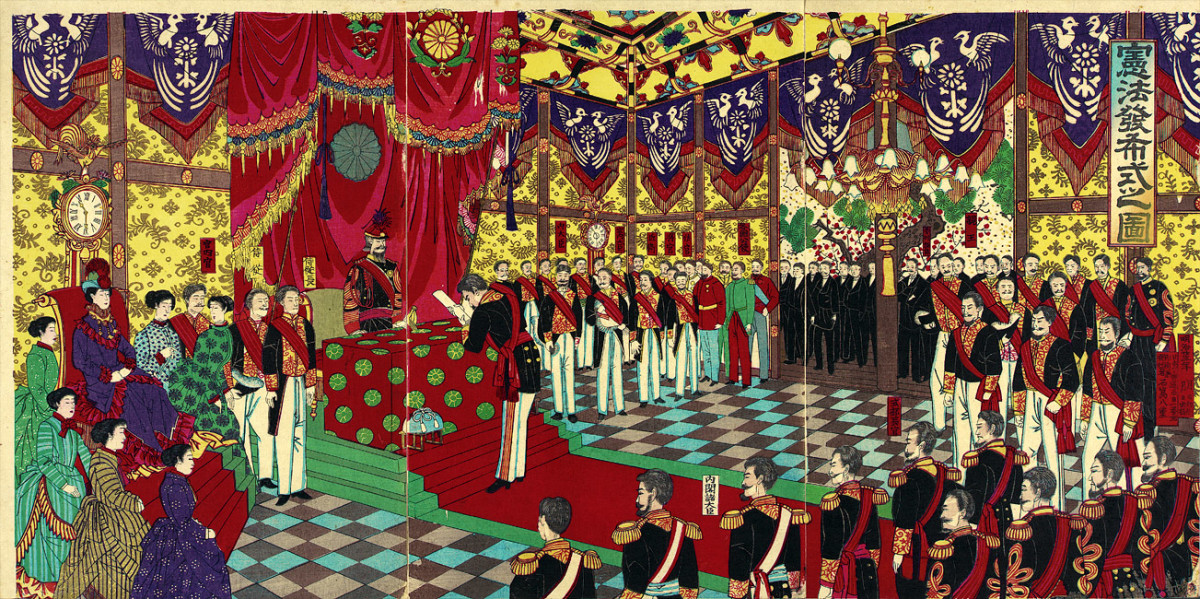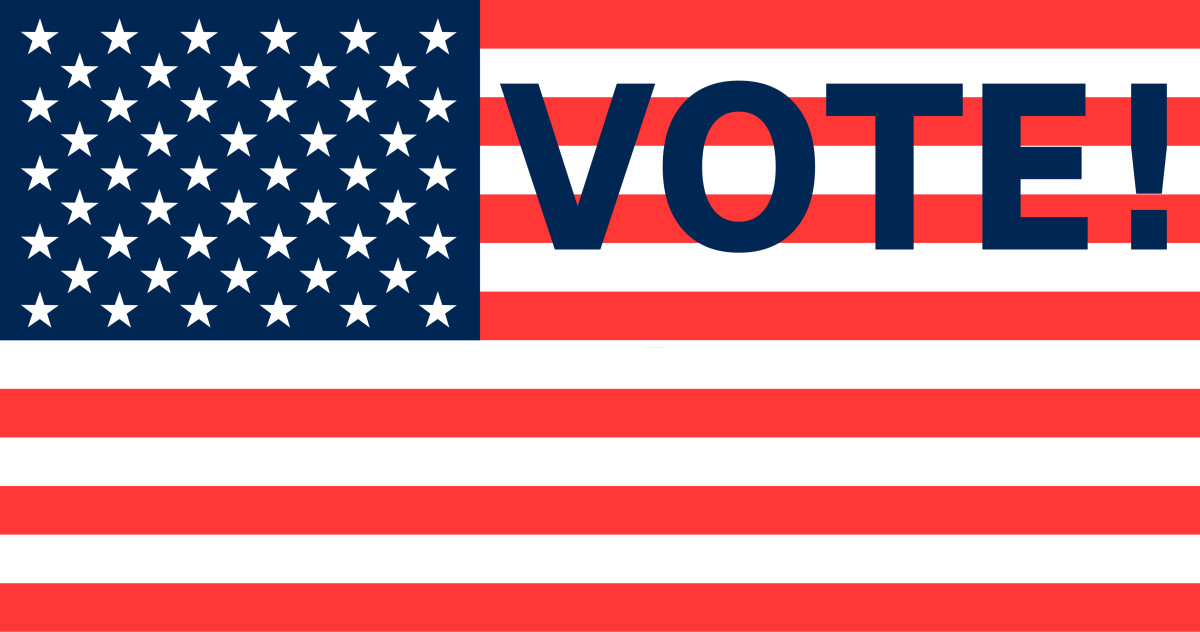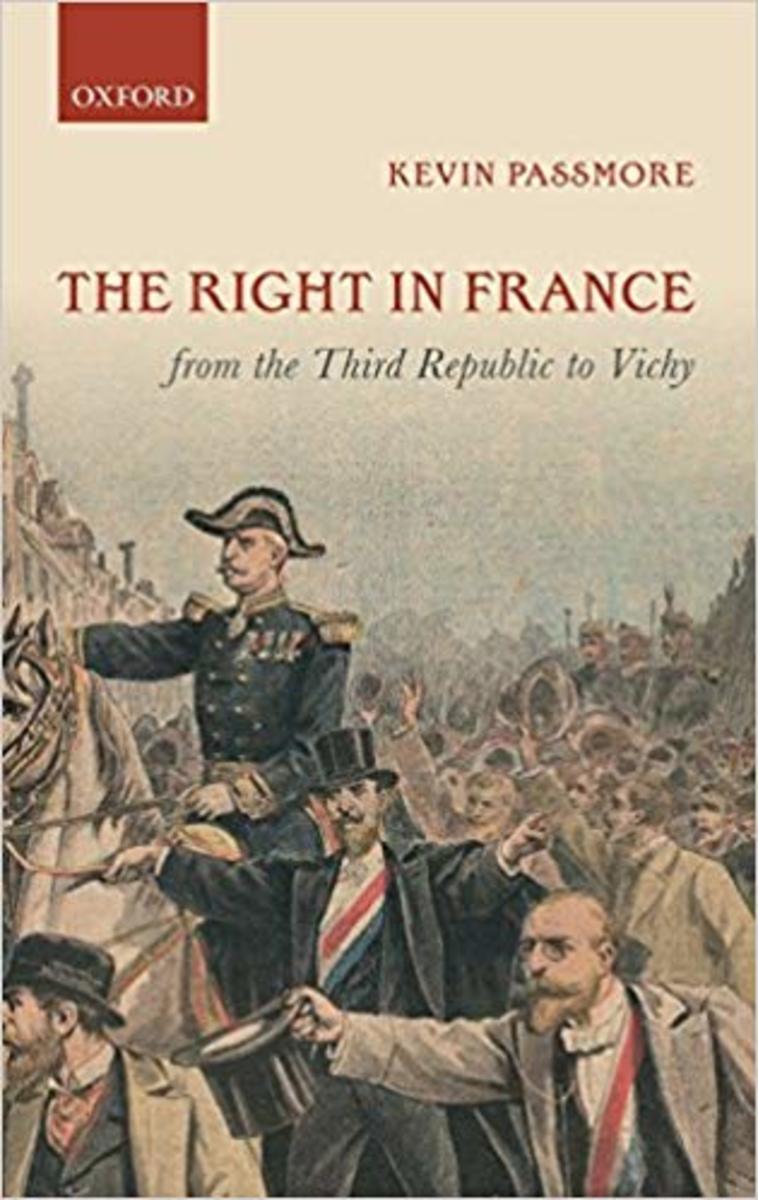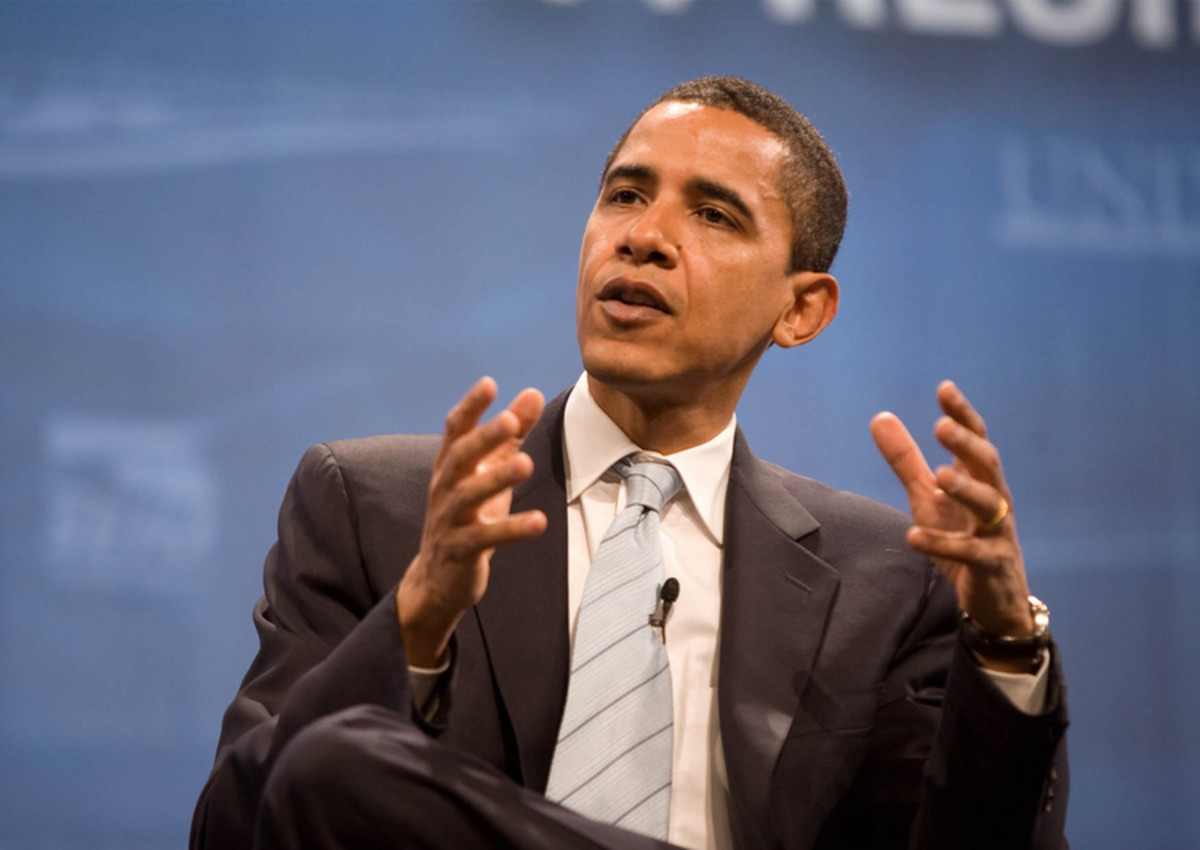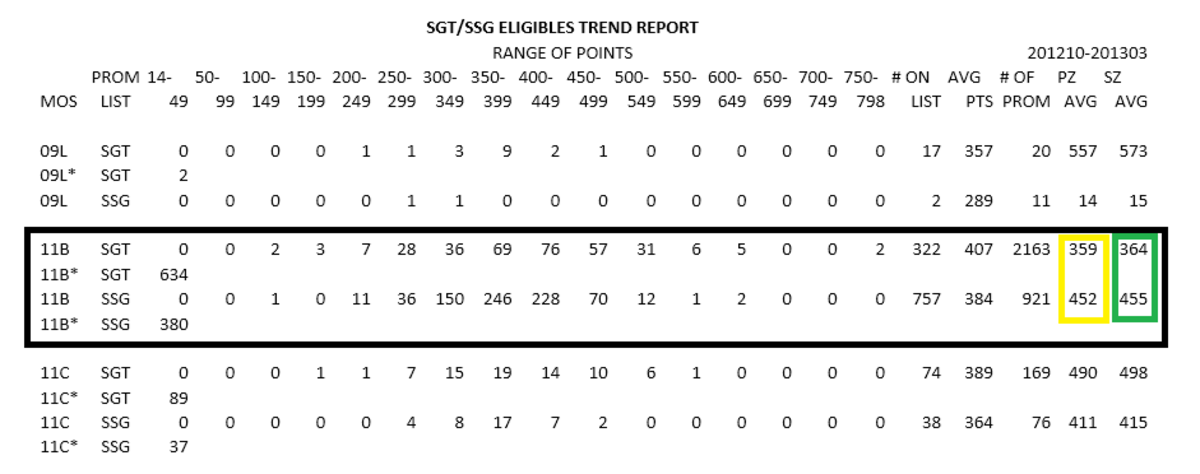Are College Teachers Politically Biased?
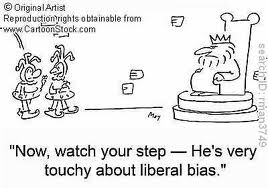
What does it mean to be unbiased?
I have heard it said for many years that there is a “liberal bias” in
higher education institutions. Apparently, colleges are filled with a bunch of
ex-hippy – and sometimes still practicing hippy - professors teaching young
people why they should hate Republicans, corporations, religious conservatives,
and, in some cases, America in general. I have even heard stories of a growing
movement of conservatives who are compiling lists of liberal educators that
they can use as ammunition in their attempts to bring more “balance” to
American colleges and universities. (I guess that they want to make them fair
and balanced, like “Fox News.”)
A part of me wishes that people pressuring educational institutions to be more
politically balanced would someday get their wish, and colleges would actively
seek more conservative educators in order to correct this liberal bias. After
all, it would be fun to watch colleges enforce this policy. Enforcement, I
suppose, would go something like this. First, a college would have to conduct
some kind of a test with its existing faculty to find out the political
leanings of the current staff. I guess this would be some type of a
standardized test consisting of questions regarding abortion, foreign policy,
social programs, business regulation, and other controversial topics. Then,
once they found out where the college is located on the liberal / conservative
political spectrum, they could then give the same basic test to prospective
employees applying for positions. That way, they could hire people who would
eventually bring things into greater political balance. Of course, if they
wanted to fix things more quickly, they could fire excess liberals (or
conservatives) that they currently had on staff and immediately hire people who
would bring political balance. Or, if they wanted to save themselves all of
this trouble, they could force all faculty members to sign some sort of an
agreement in which they would promise to avoid expressing any kind of political
opinions in their classrooms. Instead, they would simply express facts. And, if
God forbid they found themselves unable to avoid the discussion of some
controversial topic, they would agree to give equal time and personal support
to the conservative and liberal perspectives on this particular issue.
This sounds easy enough. Of course, there are all sorts of potential problems
with a policy like this. First, colleges would find themselves dealing with all
sorts of lawsuits from people claiming that they were discriminated against
because of their political views. Then, if colleges were somehow able to
overcome the lawsuit problem, this may set a precedent for other movements to
achieve proper balance. Maybe colleges, in the name of achieving balance,
should make sure that they have an equal number of people from different
religious perspectives. Maybe aggressive affirmative action programs would get
a new lease on life, with colleges pressured to achieve proper balance by
bringing in more women, ethnic minorities, or people with different sexual
orientations. Now you could argue that some of the things I have listed in this
paragraph would be positive changes, and I might agree with you. But sorting
this out could get tricky and expensive, and these efforts may distract
educational institutions from accomplishing their primary goals.
Now even if you could muddle your way through some of these legal problems,
there are deeper philosophic problems with any attempt to force educational
institutions to be politically balanced. The most basic problem is pretty
simple: definition of terms. When a person claims that there is either a
liberal or conservative bias in some type of an institution, what exactly does
he or she mean? Very often, I suspect, the people who complain the most about
political bias are those on the political fringes, and to people on the fringe,
virtually anyone to the left or right of them is a member of the opposing
faction. But to a political moderate, a person whose views were also moderate
would be labeled as such. The terms political and conservative, like any other
political labels, mean different things to different people, and breaking
people up into these two general categories is far too simplistic. All people –
with the exception of the fascists and the communists on the extreme fringes –
exist somewhere on a political continuum. So who gets to decide the point on
this political continuum that is the unbiased middle? I would love to hear the
people crying “liberal bias” attempt to clearly quantify where that point lies.
The term biased also creates some philosophic problems. It seems like a simple
enough word. An unbiased person would seem to be someone who is not trying to
push some personal agenda. Instead, he or she tries to look objectively at an
issue and is willing to present different perspectives on controversial
questions. On the surface, being unbiased is a noble goal that most educators
would claim to strive for. However, if you take this unbiased ideal to an
extreme, it can take away all of the potential value of studying fields like
History, Political Science, Economics, and many other fields of knowledge. Take
History, for instance. Some would say that History teachers should limit
themselves to teaching facts and not allow their personal bias to get into the
class. On a superficial level, I agree with this point of view. But if a
History class is going to be more than simply memorization and regurgitation of
simple statistics and dates, then a teacher is forced to confront questions
that have no definitive answer. We can all agree that Germany invaded Poland in
1939 and that Pearl Harbor was attacked on December 7, 1941, but if you ask the
more important general question of why World War II occurred, there may be
several valid explanations and points of view.
The existence of different points of view, however, should not be a problem. A
teacher just needs to be sure to present all of these points of view, and to
include, of course, both the liberal and conservative perspectives on both past
and current events. But then it hits you pretty quickly that there are often
dozens of explanations for why some particular event may have occurred. And
while some of these explanations can be supported by material evidence and
reason, other explanations might be, for lack of a better term, kind of
“wacky.” So, as a teacher, am I obligated to present an explanation simply
because there are a certain number of people out there who may believe it is
true, or should I limit my presentation to those explanations that Historians
have offered the most evidence to support? By choosing to present certain
explanations while editing out others, I open myself up to the possibility of
being labeled biased. Of course, if being unbiased means that I simply present
information without any regard to what trained Historians or my own common
sense tell me are plausible, then I will proudly proclaim myself biased.
This insistence on lack of bias and political balance is based somewhat on the
assumption that there is no such thing as truth. Now anyone who has taken
Philosophy 101 can tell you that it is virtually impossible to say that
anything is true without a shadow of a doubt. The more complicated the
question, the more difficult it is to state anything with any degree of
certainty. Bias, therefore, is inevitable. So if bias is inevitable, then it is
important to expose people to multiple biased points of view. While I agree
with the basic philosophical argument, I still have this old fashioned idea
that there is such a thing as truth. We may never know exactly what it is, but
this does not mean that truth is nonexistent. As a teacher, it is my job to
help students absorb and seek accurate information. My job is not to help them
simply memorize all of the points of view that exist in the world about any
given topic. Many points of view, after all, are based on pretty flimsy
evidence. There may be people who believe that the world is flat, the moon
landing was fake, and that John F. Kennedy was shot by the smoking man in “The
X Files”, but I do not feel obligated to present these particular beliefs. Of
course, in the real world, ridiculous ideas are not always so easy to
recognize. However, if I am convinced through study and reflection that a
commonly held belief is inaccurate, I believe that it is my responsibility as
an educator to say so.
Now having laid out this defense of the inevitable bias that will be found in
the classroom, I think that there can be a point where teachers go overboard in
promoting their personal opinions. One situation that may take place is a
teacher failing to cover basic course material because he or she is spending so
much time promoting political ideas. Anyone who has gone to college for a while
probably experiences a course or two where the teacher, shall we say, goes off
on a lot of “tangents.” In a Political Science class, ranting about the
political issues of the day may be justified, but there are other classes where
the teacher should stick more to the subject. Another example of “going
overboard” would be a teacher who never even presents views which contradict
his or her position. As I said before, I think it is perfectly justified for
teachers to express their opinions on controversial topics. They should not,
however, consistently omit commonly held ideas that they disagree with. You
should instead present the ideas and the logic behind them, and then you can
feel free to cut them down. It is then up to the students to decide which
argument makes the most sense. At least then they will have different options
to choose from.
The worst cases of going overboard, however, can occur when a student is
personally affected when his or her views are different from those of the
teacher. This can play out in a couple of different ways. The most common would
occur when a student feels publicly belittled or attacked during a class
discussion by a teacher who goes too far in trying to prove this student’s
views wrong. I know as a teacher that it is easy to be drawn into this negative
behavior because I want to appear to know what I am talking about. When you are
on public display continually, you want to appear to be competent in order to
protect your credibility and, I hate to say, your sense of self-esteem. No one
wants to be “shown up” by a student. So when making my case, I try to be
respectful, although there may be times where I do not always succeed. I am
pretty confident, however, that I have not made an even bigger mistake: grading
people on the basis of their political opinions. One thing a teacher should
never do is require a student in the course of completing a test or written
assignment to express agreement with the instructor in order to receive a
positive grade. Asking people to answer controversial questions can be
appropriate, but a teacher needs to do their best to grade people on the
quality of the argument, and not necessarily on the conclusions made. This can
be a tricky proposition, but it is possible.
So is there a liberal bias in education? I am tempted at this point to continue
with a drawn out argument explaining how the field of academics may be more
attractive to people with a liberal mindset than it is for conservatives. The
only problem is that this argument would contradict much of what I tried to say
in this article. So instead, I will simply say that I don’t know. It depends on
what you mean by the words liberal and bias. Still, I think that people who
make this claim raise some important issues. Teachers should be open minded
enough to explore different ideas and to present sometimes contradictory points
of view to students. Pushing a political agenda should not be the primary goal
of teachers, and they should never penalize students for disagreeing with them.
A classroom dedicated purely to the pursuit of truth may be an impractical
dream, but it’s definitely a fantasy worth striving for.


